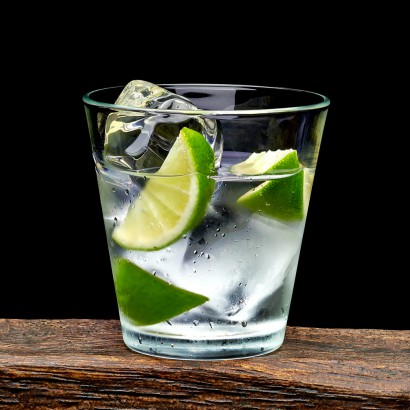Mojito, vodka tonic and co: Do you know how many calories are hidden in cocktails?
updated the 6 October 2015 à 23:37
How many of you actually know how many calories there are in different cocktail drinks? The answer may just change your night out plans.
The English doctors of the Royal Society of Public Health led a small, rather pleasant, experiment. Essentially, they asked volunteers to spend an evening playing and drinking in a bar. They explained to the participants that their objective was to determine the effect of various cocktails (as well as the amount of alcohol consumed) on their cognitive capacities. The games required some coordination and became more and more delicate as more alcohol was drunk. However, in reality, the researchers had a completely different objective in mind. They separated the volunteers in two groups, and offered very different cocktail menus to each. One was a classic menu, while the second indicated the calories contained within each drink. At the end of the evening, the scientists were able to notice that the participants informed about the calorie amount in their glass, consumed two times fewer calories than those who were not aware of this information.
WOULD LABELING COCKTAILS WITH THEIR CALORIFIC VALUE HELP IN THE FIGHT AGAINST OBESITY?
The researchers consider that drinkers absorb approximately 10% of their weekly energy intake via alcohol. In order to prevent abuse and inform consumers, they want nutritional labeling to be applied to alcoholic drinks as it is currently done to food products. Their small experiment showed that it could work. To support their demand, they also conducted street interviews – three-quarter of those surveyed did not know how many calories are in a cocktail, or even in a beer. However, it is not only the calories that worry the doctors. They believe alcohol plays an important role in the weight-gain process because it modifies behavior and dietary preferences. Beyond the problems of alcoholism, they are aiming for a reduction of alcohol consumption and better knowledge of alcohol’s role in the obesity epidemic.
Sources: Royal Society for Public Health, Vision, Voice and practice, Nov. 2014, drinkaware.co.uk.
Maureen Diament



